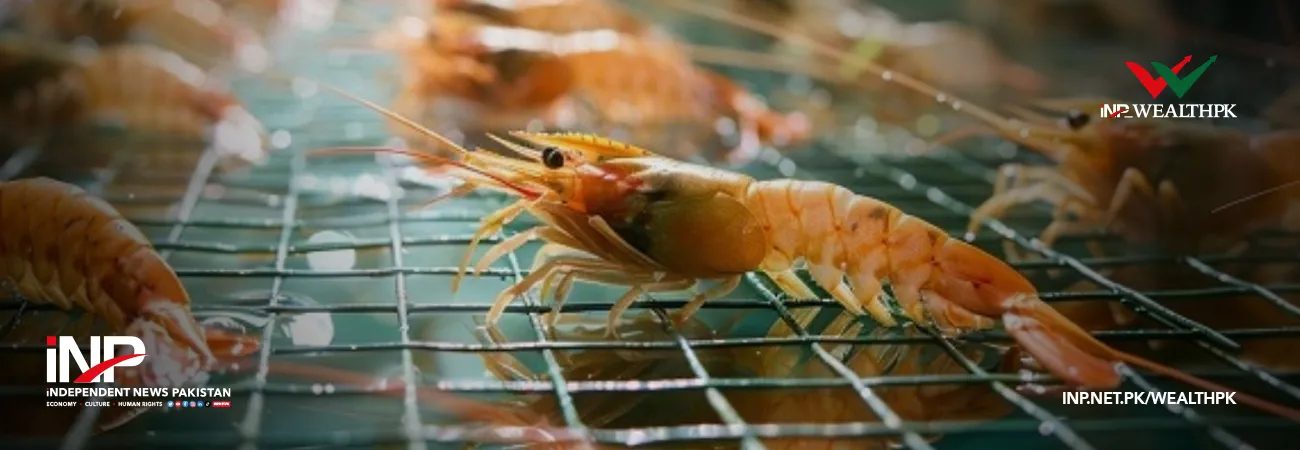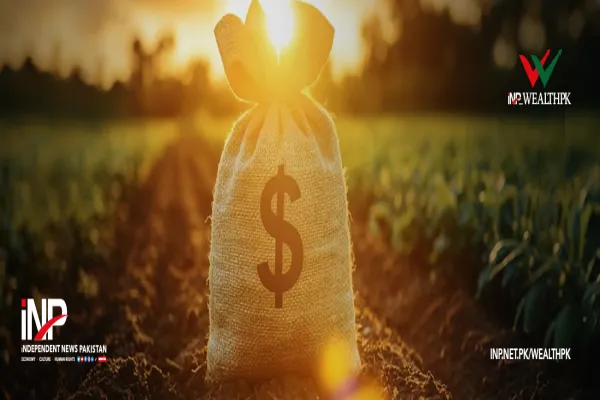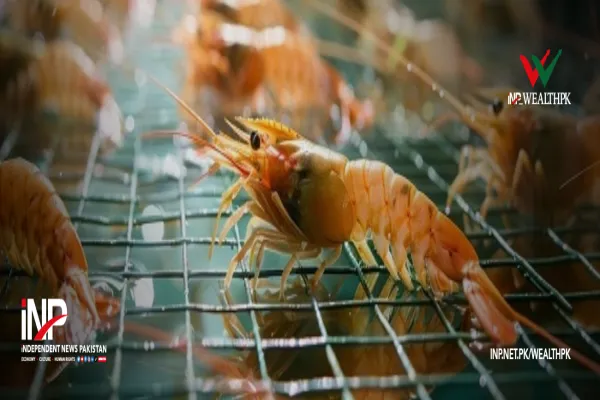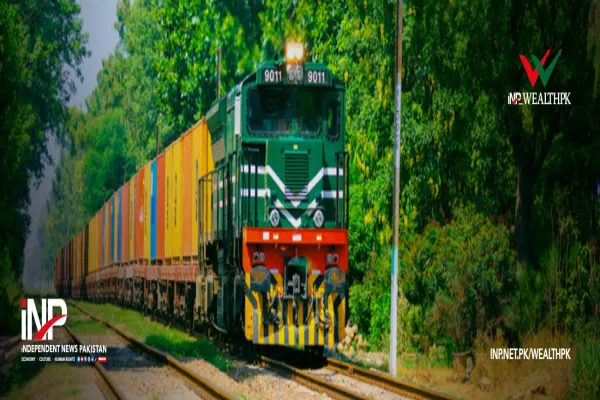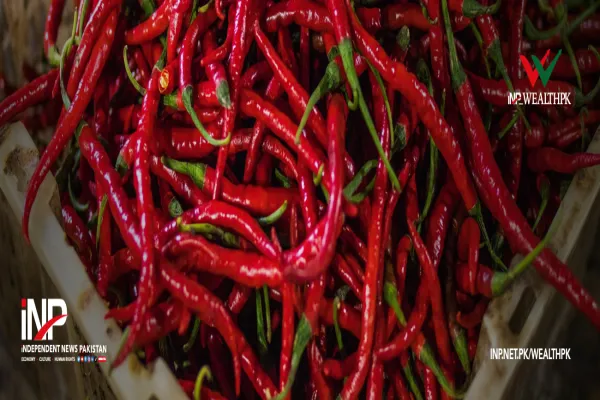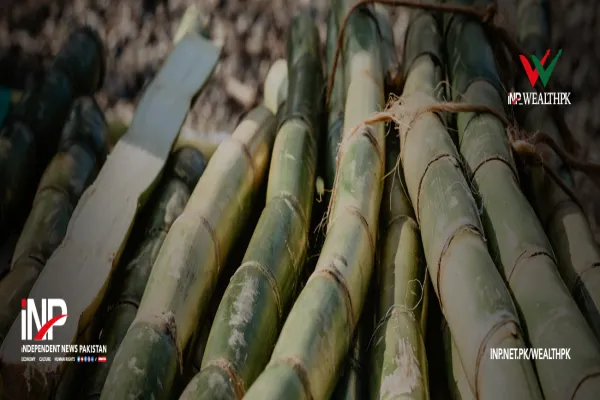i INP-WEALTHPK
Mohammad Zafar Baloch
Despite having abundant coastal resources and ideal climatic conditions, Pakistan has yet to unlock its vast aquaculture potential — a sector with the power to reshape the country’s economic and food security landscape. With the country’s shrimp exports currently valued at just $78 million compared to India’s $5 billion, experts believe that a strategic pivot toward modern, large-scale shrimp farming could generate thousands of jobs, attract private investment, and transform Pakistan into a regional seafood powerhouse.
Pakistan today stands on the cusp of an aquaculture revolution. With extensive brackish water reserves, millions of acres of saline land, and rising global seafood demand, the country possesses all the ingredients to turn shrimp farming into a major driver of economic growth, job creation, and exports. Yet, despite these natural advantages, the sector remains underdeveloped and overlooked in national planning.
For decades, Pakistan’s agricultural policies have focused on traditional crops such as wheat, cotton, and sugarcane — commodities that once fueled the economy but now face challenges from shrinking land and water resources. Experts argue that it is time for a policy realignment toward high-value, non-traditional sectors like aquaculture.
That shift is beginning to take shape in Balochistan. According to Qaim Lashari, CEO of the Balochistan Board of Investment and Trade (BBoIT), shrimp farming in the province has the potential to transform the fisheries sector and create up to 1,000 direct jobs, with many more opportunities across related industries. “This initiative can uplift coastal livelihoods, boost seafood exports, attract private investment, and establish a resilient aquaculture ecosystem,” Lashari told Wealth Pakistan.
The project will be implemented under a Public-Private Partnership (PPP) model and developed by a consortium of leading national enterprises, including House of Kasib, Al-Karam Textile, Dhabeji Aqua Foods, Swat Ceramics, and Tufail Group. Under the proposed framework, the private partner Paravite will finance, design, build, and operate the shrimp farm and processing facilities, while the Government of Balochistan provides land, utilities, and policy facilitation.
The preliminary revenue-sharing arrangement allocates 80% of earnings to the private partner and 20% to the provincial government, with final terms to be decided after a comprehensive feasibility study. Construction and mobilization are expected to take around 20 months before the first shrimp stocking begins. Importantly, all project assets will revert to the government at the end of the concession period, ensuring long-term public benefit and sustainable sectoral growth.
Lashari said the initiative aligns with Balochistan’s broader blue economy vision, which seeks to harness marine and coastal resources for sustainable development. “If supported by reliable power, effective policy frameworks, and strong biosecurity standards, this model can be replicated across the province — positioning Balochistan as a key player in Pakistan’s emerging aquaculture sector,” he added.
Experts believe that with a favorable investment climate, increased technology adoption, and targeted public support, shrimp farming could finally unlock Pakistan’s long-dormant aquaculture potential, turning its coastal and saline lands into engines of economic resilience, food security, and export growth.
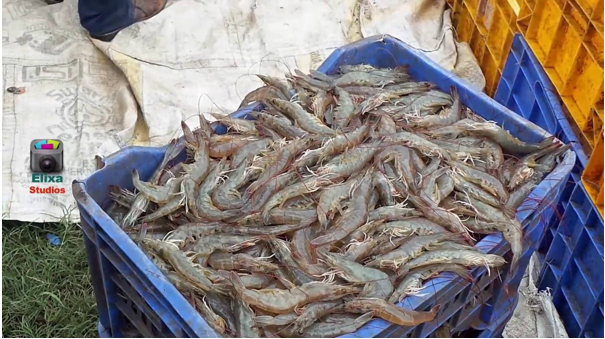
Credit: INP-WealthPk



